Case Study: Change Management in Lush Start-up, Analysis
VerifiedAdded on 2022/09/11
|10
|630
|17
Case Study
AI Summary
This case study examines change management within the Lush start-up, a leader in the cosmetic industry known for its ethical and sustainable practices. It explores stakeholder analysis, identifying key stakeholders like investors, customers, and employees, and highlights the core values essential for start-up success, including innovation, transparency, and integrity. The study discusses the processes for achieving these values and identifies potential reasons for start-up failure, such as poor management or lack of innovation. Recommendations include continuous market research and adopting strategies for designing organic products to maintain a competitive edge. The case study also references Netflix's innovative approach and its compassionate, customer-focused business model, providing a comparative perspective on start-up strategies.
1 out of 10

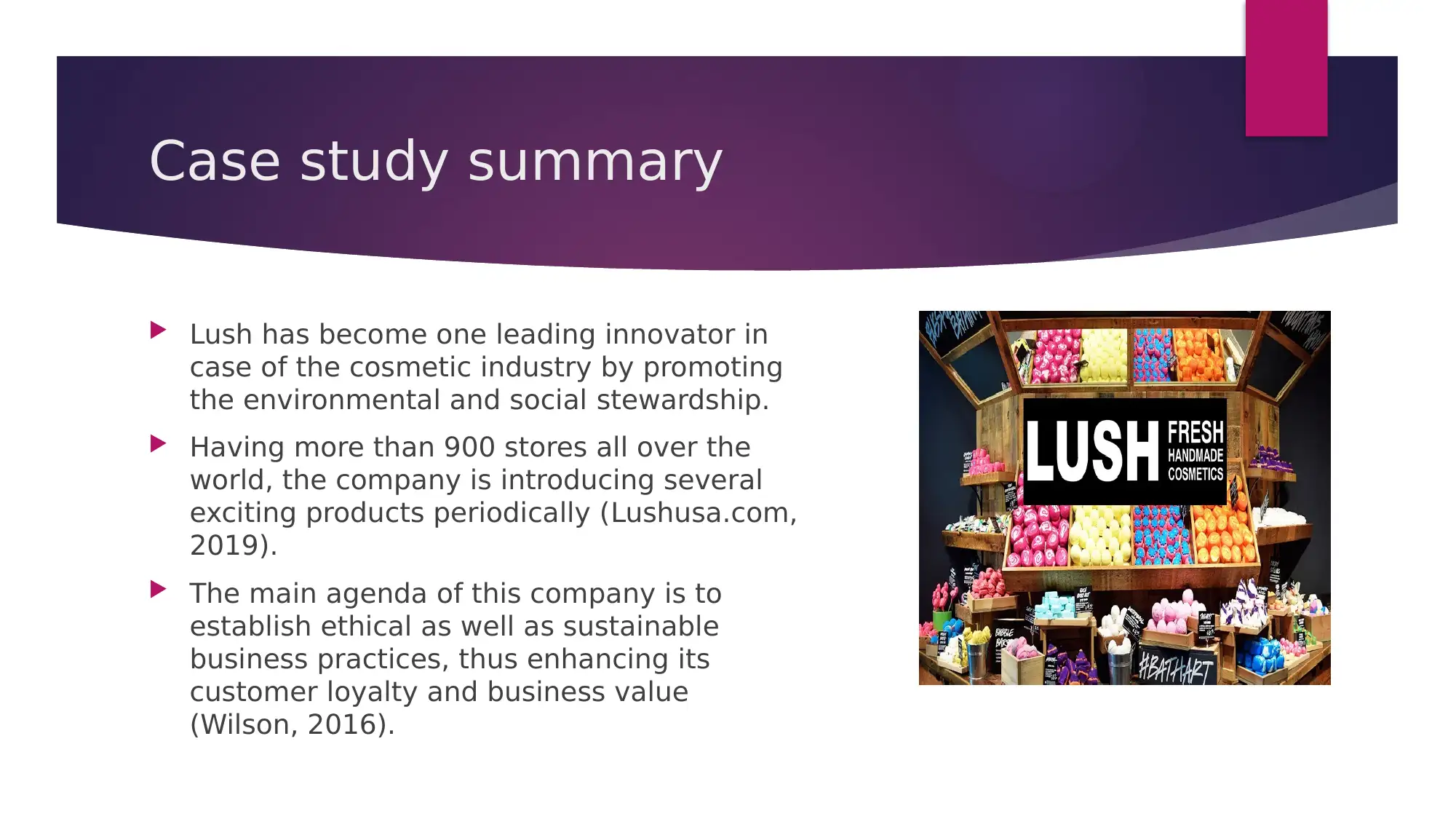
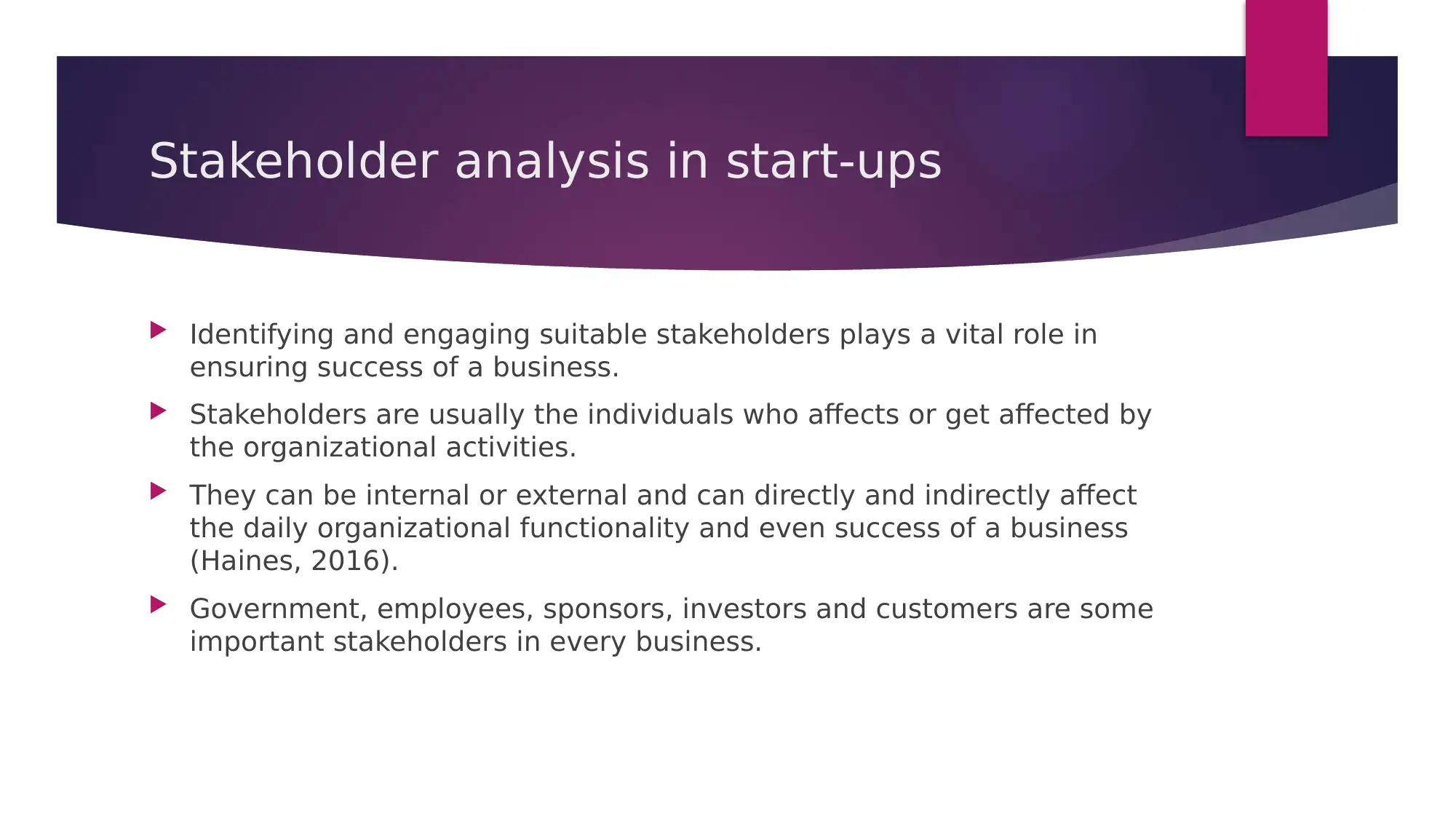

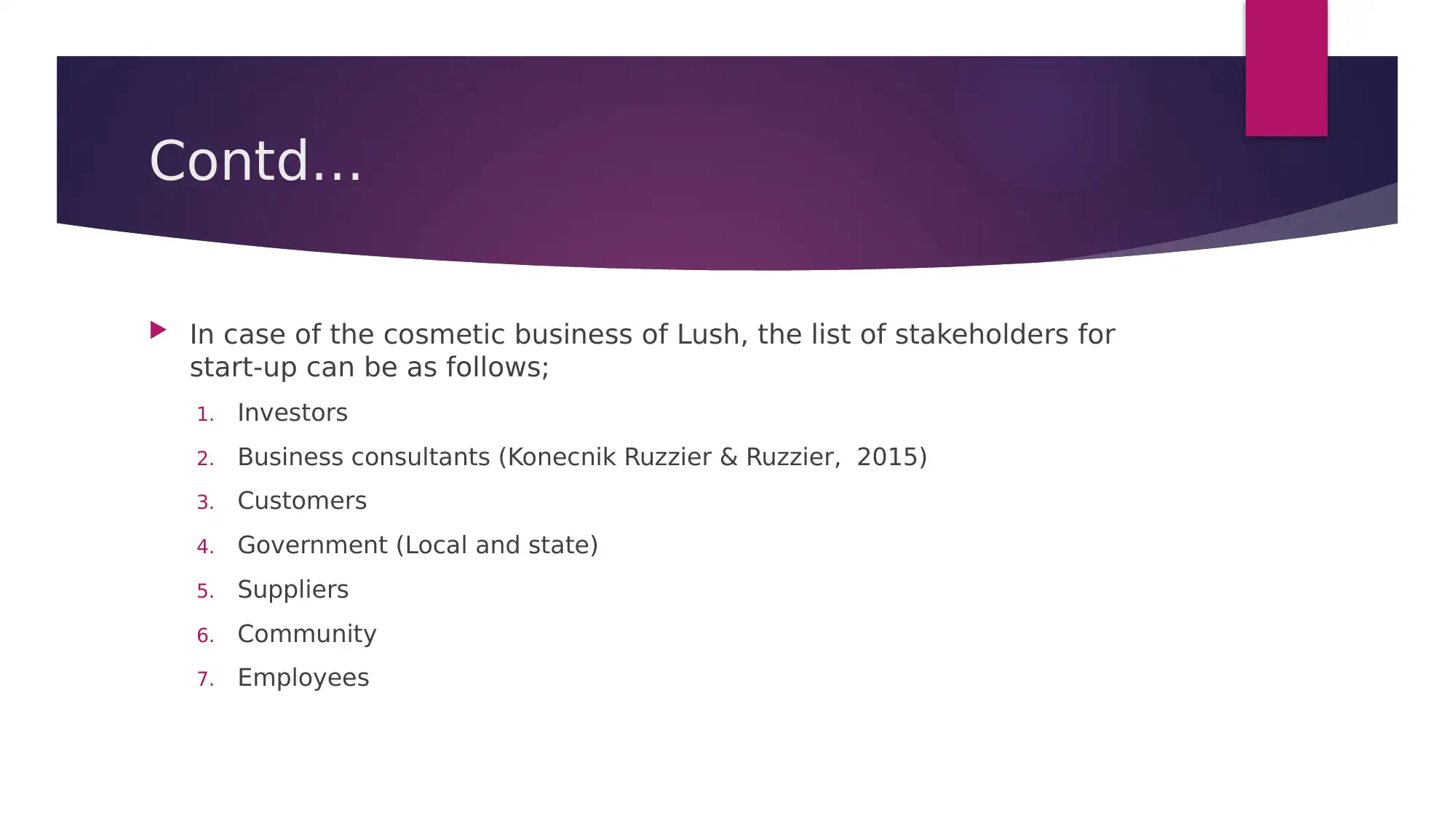
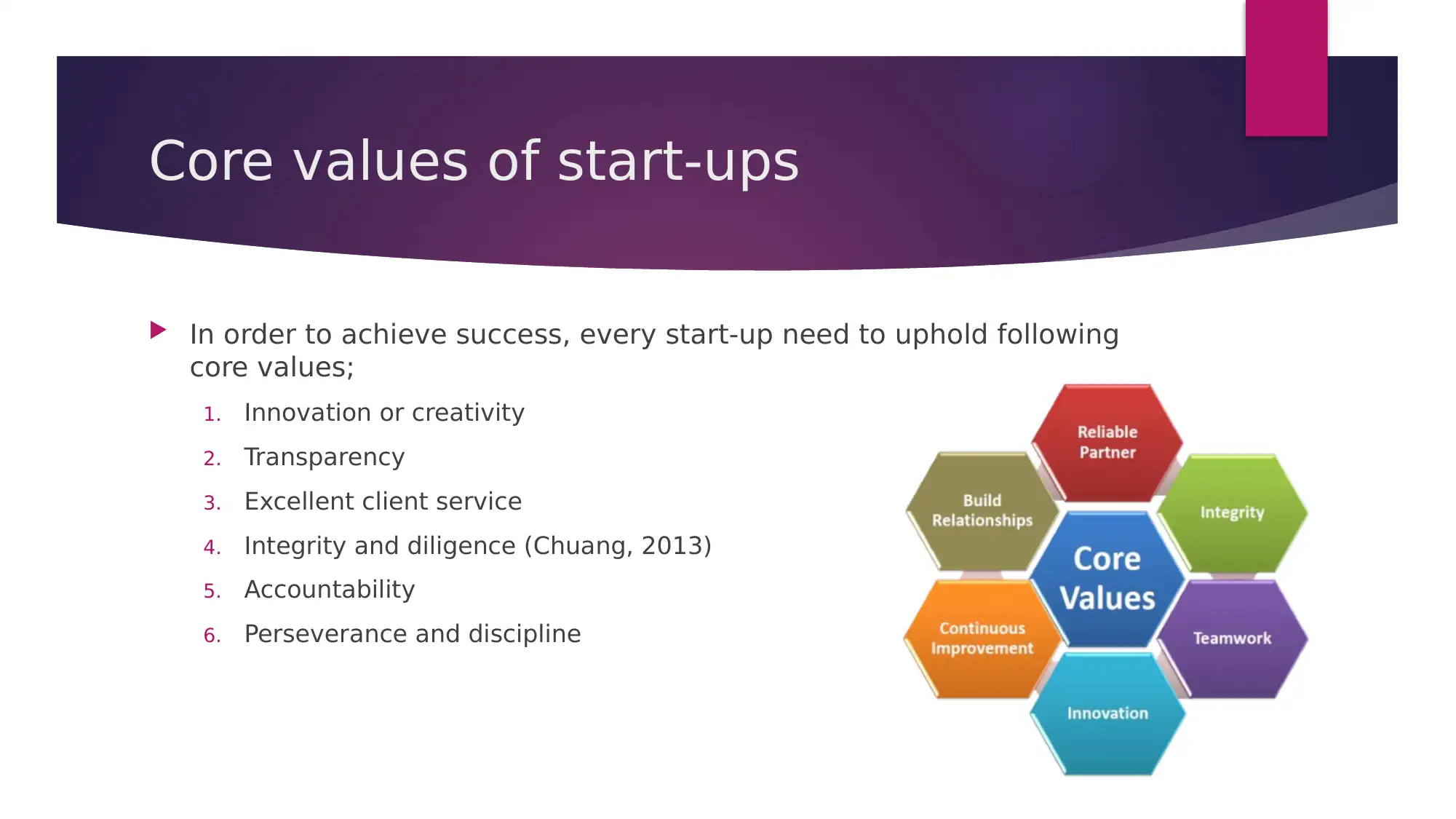

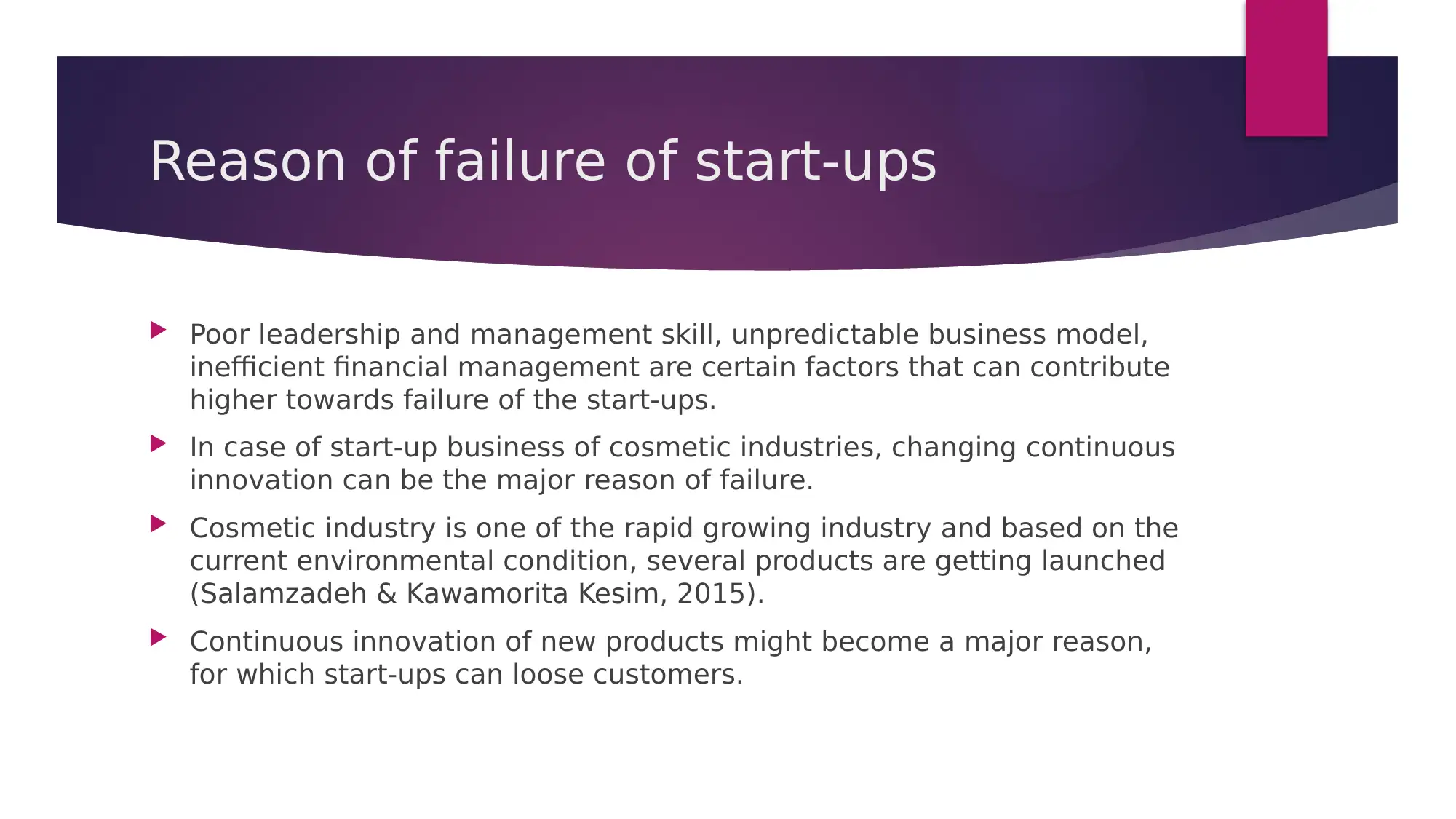
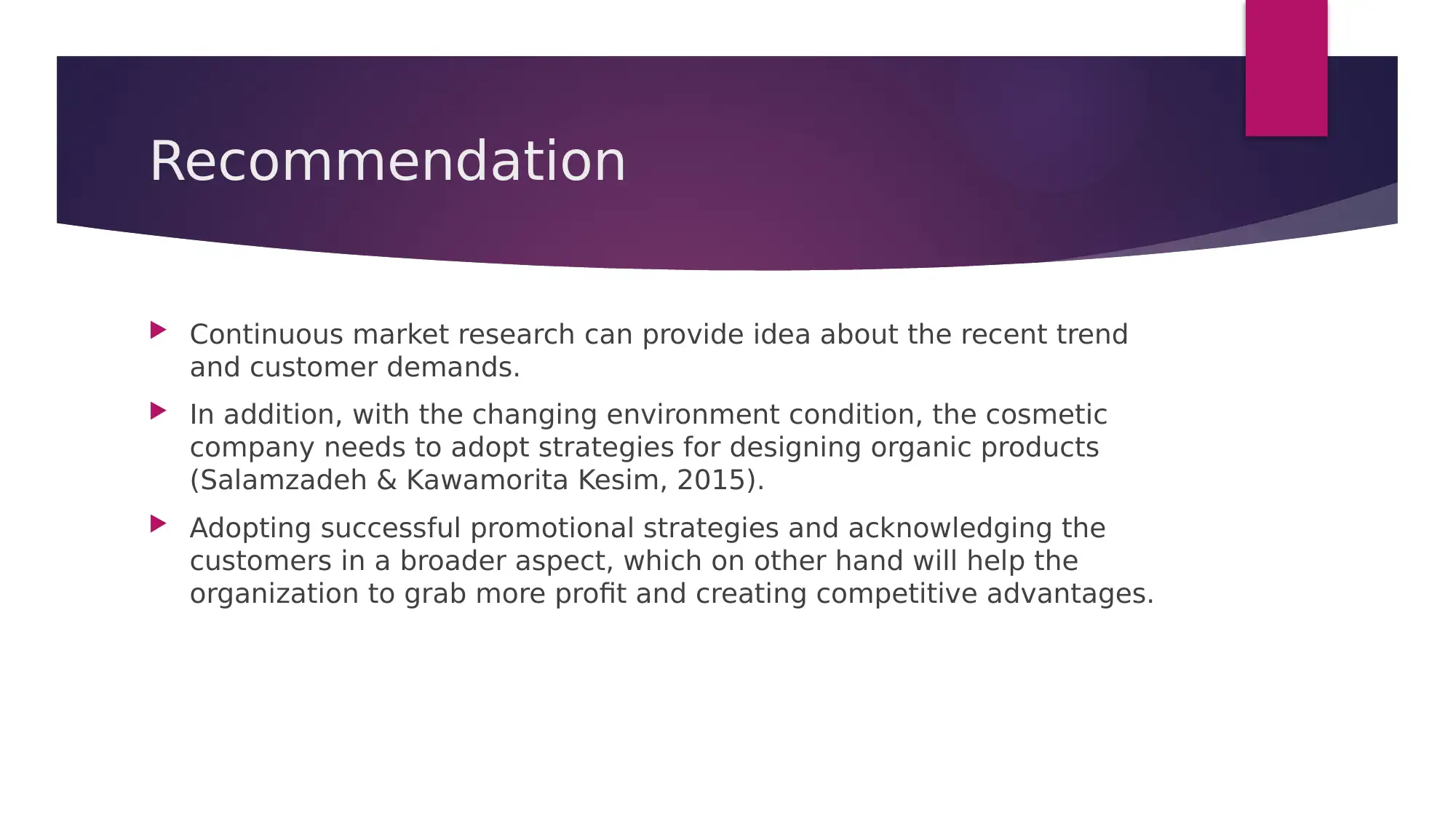
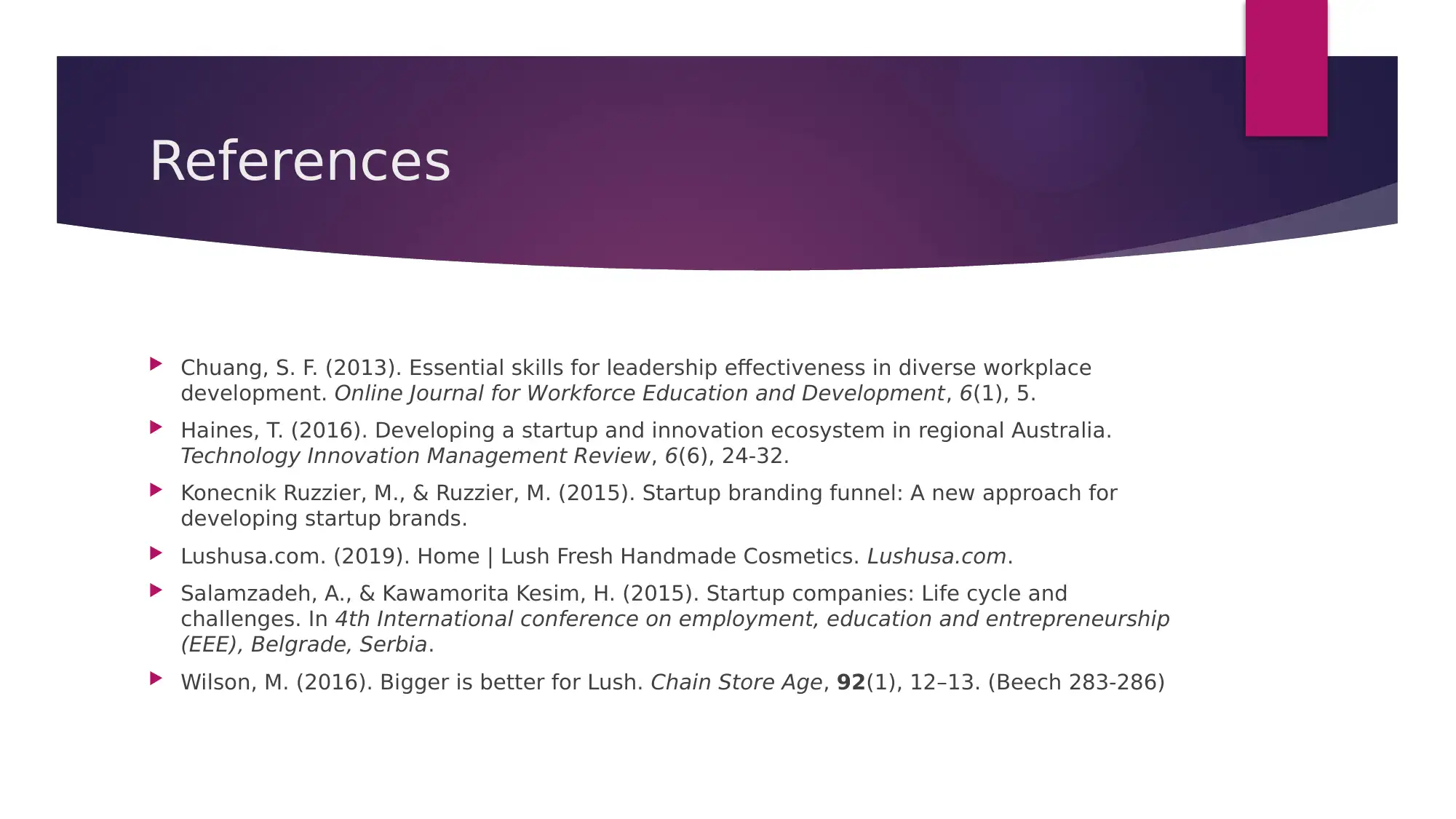






![[object Object]](/_next/static/media/star-bottom.7253800d.svg)